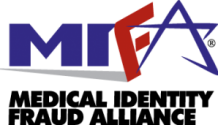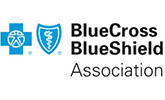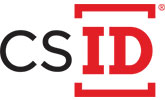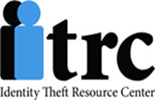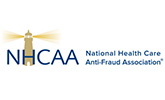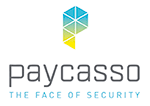Review doctor and health insurer notices to preempt the problem.
The Problem
A crook uses health insurance information to get medical care and prescription drugs in your name.
Medical ID theft is hazardous not only to your finances—in the form of big bills and depleted insurance benefits—but also to your health. Mixed information in your medical files could be deadly if, say, you’re allergic to penicillin and someone who is using your identity tells a doctor that she isn’t.
But rather than commit medical identity theft, thieves are more likely using the data compromised through recent health care breaches for more lucrative types of identity theft, such as filing fraudulent tax returns, says Eva Velasquez, president and CEO of the Identity Theft Resource Center.
What to Do If You’re a Victim
- If you think you’ve been hit, ask each of your medical providers (as well as those you suspect the thief used) for a copy of your records.
- Also request an “accounting of disclosures” that lists anyone to whom the provider has sent copies of your records.
- Write letters to the medical services, with copies of the records in error, to ask for corrections. Notify your health insurance company, and dispute any claims that aren’t yours. Insurers aren’t required to cover fraudulent claims, but many won’t make you pay, says Ann Patterson, senior vice president of the Medical Identity Fraud Alliance.
Click here to read the full article.
By Lisa Gerstner, Kiplinger’s Personal Finance, September 2015 issue
